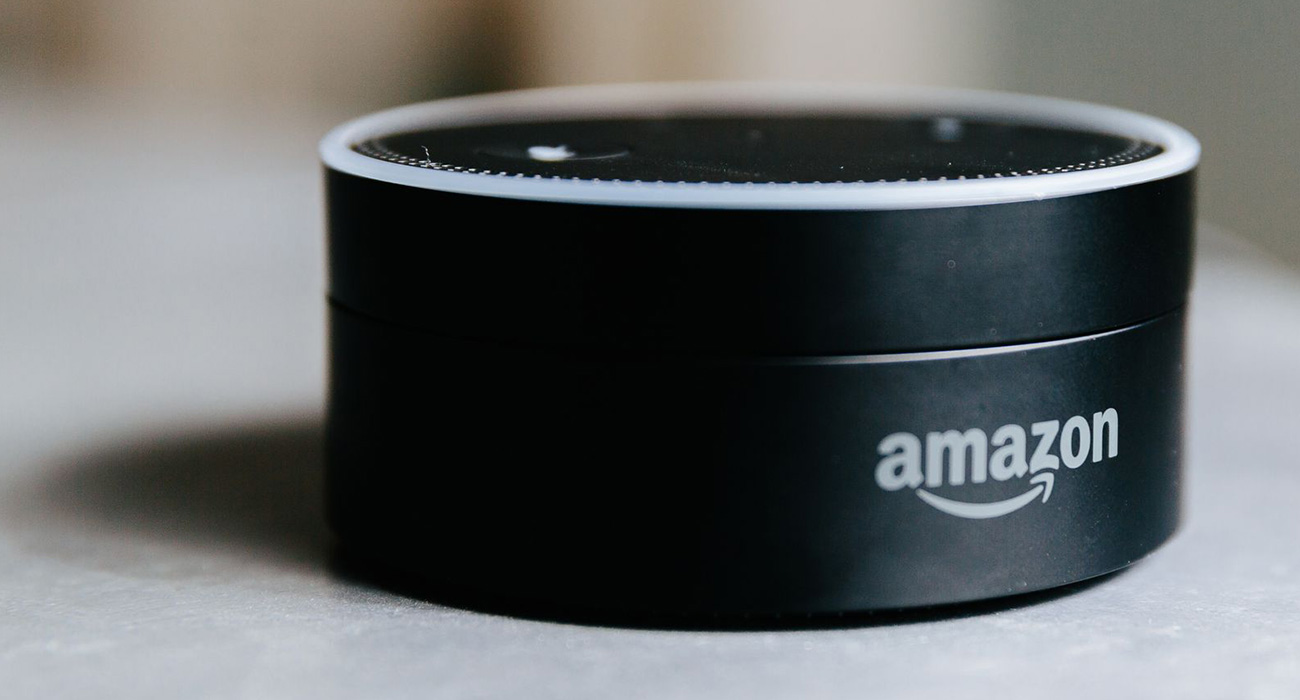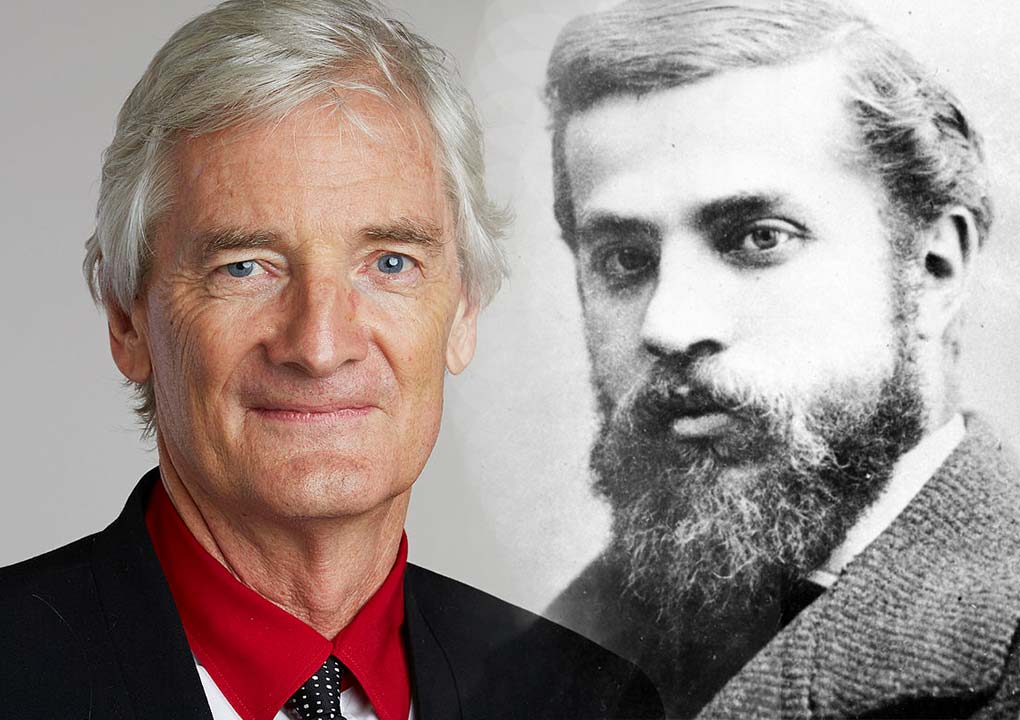We’re ending the year of disruption by shining the spotlight on Jeff Bezos & Amazon. Not just because millions of Christmas gifts will be bought on Amazon but because, more than any other company, Amazon never stops pushing.
Amazon’s ability to innovate and develop new offers is not luck or accident, it’s their approach to business that enables them to push forward with a constant stream of new offers. So here are the 3 lessons we’ve learnt from the Amazon brand.
1. Set a big vision & values, then repeat them a lot!
Before Amazon, its founder Jeff Bezos worked on Wall Street. One firm he worked for, D.E. Shaw, was very entrepreneurial and it was here that Bezos was introduced to the potential of e-commerce. Bezos saw the opportunity of selling everything online from day one, and his goal was that Amazon become ‘The everything store’. The reason Amazon started with books was because there were only two distributors in the US (so it was easier to buy wholesale and sell books online at a cheaper price, than traditional bricks & mortar retailers). The other reason was that books came in standard sizes, so they were easier to deliver, and of course, people don’t need to try them on! Three values have driven Amazon through their meteoric rise: 1. Put the customer first, 2. Invent, and 3. Be patient.
2. Two-pizza teams are the most effective.
To create a culture of invention, Jeff Bezos talks about empowering employees and making them behave like owners at Amazon. One tangible example of this is offering employees share options in addition to more frugal basic salaries. Another example is the ‘Two-pizza rule’; Bezos believes small autonomous teams (5-7 people) are more effective than larger more bureaucratic teams. So two pizzas should be able to feed any team when they’re working late.
3. Innovate or die, but don’t die innovating.
Many businesses see innovation as people and capital intensive, so new stuff that needs lots of money and energy. This often means CEOs want ‘sure things’ or they won’t invest. By contrast, Amazon sees ideas as reversible – test, but if the return doesn’t look good they kill it quick. Bezos said in 1997, “Given a 10% chance of a hundred times payout, you should take that bet every time.” The result of all this is twofold; Amazon is able to develop ideas faster, and they also get access to cheaper capital to test with.
Other Jeff’isms include:
a) “If we think long term, we can accomplish things that we wouldn’t otherwise accomplish. Time horizons matter. They matter a lot.”
b) “There are two kinds of retailers: those folks who work to figure how to charge more, and companies that work to figure how to charge less, and we are going to be the second.”
c) “Even well-meaning gatekeepers slow innovation… When a platform is self-service, even the improbable ideas can get tried… Many of those improbable ideas do work, and society is the beneficiary of that diversity.”
Read more: Jeff Bezos Biography
See more:
Artificial Intelligence:
Imagine calling to Alexa (Amazon’s intelligent personal assistant imbedded in your Amazon Echo speakers), “ Hey Alexa – I need an Uber to take me to work, and pay for it with my Bank of Amazon Card.” ”Good idea,” comes the reply, followed by “It’s going to rain in 10 minutes.” Amazon has spent a huge sum on AI talent, and Bezos has highlighted that machine learning drives the algorithms for demand forecasting, product and deal recommendations, product search ranking, translations and much more.” So get ready for AI to surface.
Read more: The Great AI Recruitment War: Amazon Is On Top, And Apple Is Almost Nowhere To Be Seen
Food:
Amazon bought Whole Foods in 2017 for US$14 billion to get into food as a delivery service. The nature of human beings is to be lazy, which in marketing-speak translates as ‘consumer convenience’. Now that’s something Amazon is really good at! Coupled with Amazon’s ability to be able to operate at a loss (until they get scale), the future of food in the US may be in boxes.
Read more: Why Amazon Bought Whole Foods
Clothing:
As online shopping continues to grow and the economics of high street retail break down, Amazon is already developing a stable of private-label brands (currently they have eight). Like its entry into diapers, Amazon is starting with the basics – good quality, great price, and on your doorstep within a few days.
Read more: The Eight Brands Amazon Wants to Build Its Own Fashion Empire On
Finance:
Now think money: if Amazon decides to move into finance, they would have a major advantage over banks: better data, a superior user experience, and immense customer loyalty. It’s nothing new in China where Tencent’s WeChat and Alibaba’s Alipay are well established as payment gateways. Amazon will not want to miss the boat, so we may expect something soon.
Read more: Amazon.Bank – The Capital One Rumours
Entertainment:
Finally back to the screen, where the rapidly growing Amazon Prime Video competes with Netflix for your streaming eyeballs. Amazon is starting to catch up to Netflix, recently announcing a 250M deal to acquire the TV rights for The Lord of The Rings, which will be produced by Amazon Studios. On licensed content, both Amazon and Facebook are keen to bid for a package to stream the English Premier League. Welcome to the content wars!
Read more: Amazon Sets ‘The Lord of the Rings’ TV Series in Mega Deal With Multi-Season Commitment
See more:
Share this article




